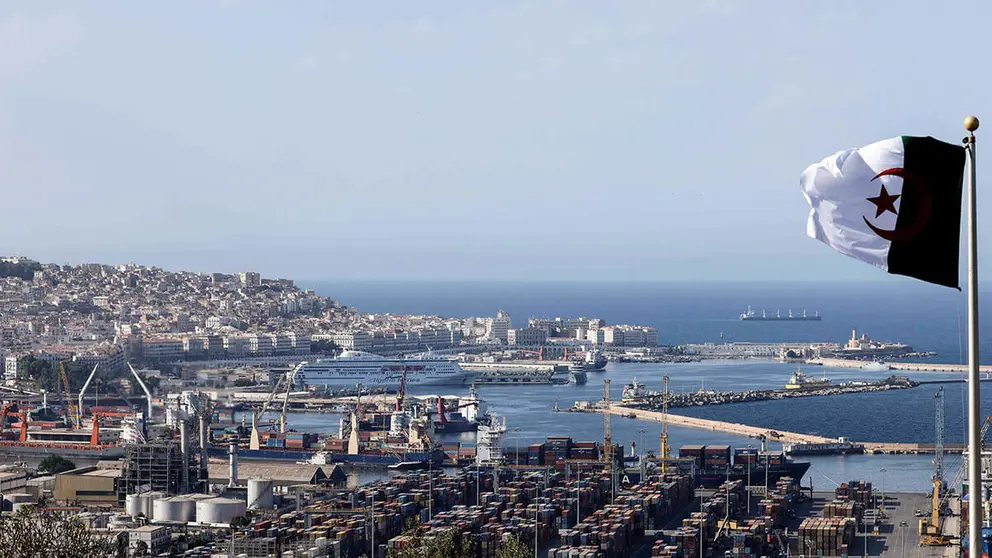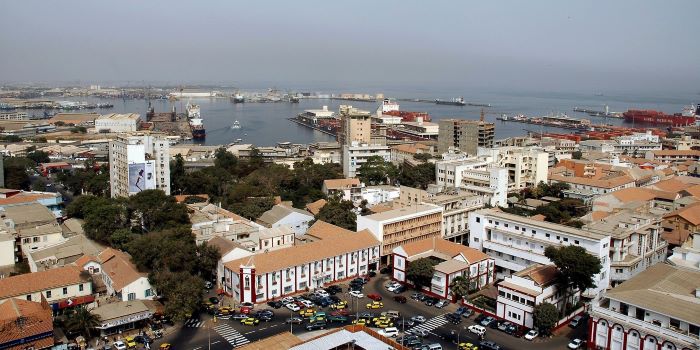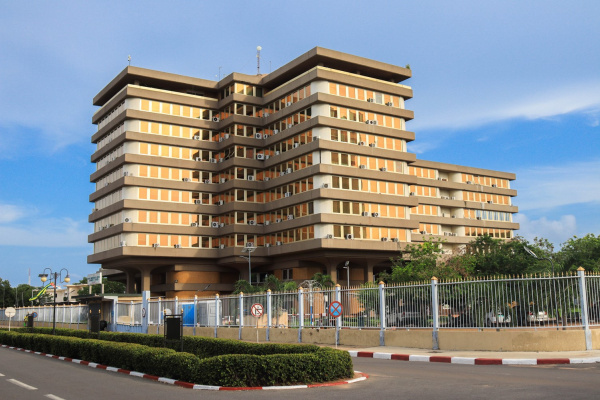In the face of escalating global inflation that has unsettled economies worldwide, Algeria emerges as a notable exception among African nations, demonstrating a remarkable ability to maintain economic stability. This resilience prompts a critical examination of the underlying factors that enable Algeria to withstand inflationary pressures more effectively than its continental counterparts.
Understanding the Global Inflationary Landscape
Inflation, characterized by a persistent increase in the general price level of goods and services, has become a pervasive challenge globally. Factors such as the lingering effects of the COVID-19 pandemic, geopolitical tensions like the Russia-Ukraine conflict, and disruptions in supply chains have collectively contributed to this economic phenomenon. Developed economies, including the United States and those within the Eurozone, have experienced inflation rates reaching multi-decade highs, prompting central banks to implement stringent monetary policies aimed at curbing inflation.
The African Context: A Comparative Analysis
African economies, many of which are emerging markets, have been particularly vulnerable to inflation due to their reliance on imports, currency volatility, and susceptibility to external shocks. Countries such as Nigeria, Egypt, South Africa, and Kenya have grappled with significant inflationary pressures, leading to increased costs of living and economic instability.
- Nigeria: As of December 2024, Nigeria’s inflation rate surged to 34.8%, marking a near 30-year high. Food inflation, a critical component of the overall rate, remained alarmingly high at 39.84%. The International Monetary Fund (IMF) projects a gradual decline, forecasting inflation to decrease to 23% in 2024 and further to 15.5% in 2025.
- Egypt: Egypt’s economy has faced challenges, including a currency crisis and reduced tourism revenues. Despite these hurdles, economic growth is anticipated, with projections indicating a 4% increase in the fiscal year ending June 2025, driven by IMF-backed reforms.
- South Africa: Inflation forecasts have shown a downward trend, with expectations of a decrease to 4.3% in 2025, below the central bank’s target midpoint of 4.5%. This suggests a level of control over inflationary pressures, albeit amidst broader economic challenges.
- Kenya: Kenya’s year-on-year inflation rate experienced a slight uptick to 3.6% in March 2025, up from 3.5% in February, indicating modest inflationary pressures within the country’s economy.
Algeria’s Inflation Resilience: An In-Depth Examination
Contrastingly, Algeria has demonstrated a notable capacity to manage inflation effectively. According to the IMF’s March 2025 report, Algeria’s inflation rate declined from 8.2% in 2023 to 5.2% in 2025, positioning it among the lowest on the continent. This achievement can be attributed to several interrelated factors:
- Hydrocarbon Wealth and Economic Buffering Algeria’s substantial reserves of oil and natural gas have historically provided a financial cushion against external economic shocks. The global surge in energy prices, partly due to geopolitical conflicts, has augmented Algeria’s export revenues. These funds have been strategically utilized to subsidize essential commodities, thereby mitigating the direct impact of global price hikes on the domestic market.
- Government Intervention and Price Controls The Algerian government’s active role in the economy, particularly through price controls and subsidies, has been instrumental in stabilizing the costs of basic goods and services. This interventionist approach has helped shield consumers from the volatility experienced in international markets, ensuring a degree of price stability within the country.
- Monetary Policy Prudence Algeria’s central bank has adopted a cautious monetary policy stance, refraining from excessive liquidity injections that could exacerbate inflation. By maintaining a balance between money supply and economic output, the central bank has contributed to sustaining price stability and anchoring inflation expectations.
- Agricultural Initiatives and Food Security Recognizing the importance of food security, Algeria has invested in enhancing domestic agricultural production. These efforts aim to reduce reliance on food imports, which are often subject to global price fluctuations. By bolstering local production, Algeria not only supports rural livelihoods but also contributes to stabilizing food prices domestically.
Challenges and Considerations
Despite these positive indicators, Algeria is not without its economic challenges. The reliance on hydrocarbon revenues exposes the economy to the volatility of global energy markets. Additionally, the sustainability of extensive subsidies and price controls is a subject of ongoing debate, particularly concerning their long-term fiscal implications. Structural issues, such as bureaucratic inefficiencies and the need for economic diversification, remain pertinent areas for policy focus.
Implications for African Economies
Algeria’s experience offers valuable insights for other African nations contending with inflation. While each country’s context is unique, the strategic use of natural resource revenues, proactive government intervention, prudent monetary policies, and investments in food security emerge as critical components in managing inflation. However, it is essential to balance such measures with considerations of economic efficiency, fiscal sustainability, and the promotion of long-term growth.
Algeria’s adept management of inflation amidst a challenging global economic environment underscores the effectiveness of its multifaceted approach. By leveraging its hydrocarbon wealth, implementing strategic government interventions, exercising monetary prudence, and investing in agricultural productivity, Algeria has navigated inflationary pressures more successfully than many of its African peers. This case study highlights the importance of tailored economic strategies that align with a nation’s unique resources and challenges, offering a potential blueprint for others seeking to enhance their economic resilience.




